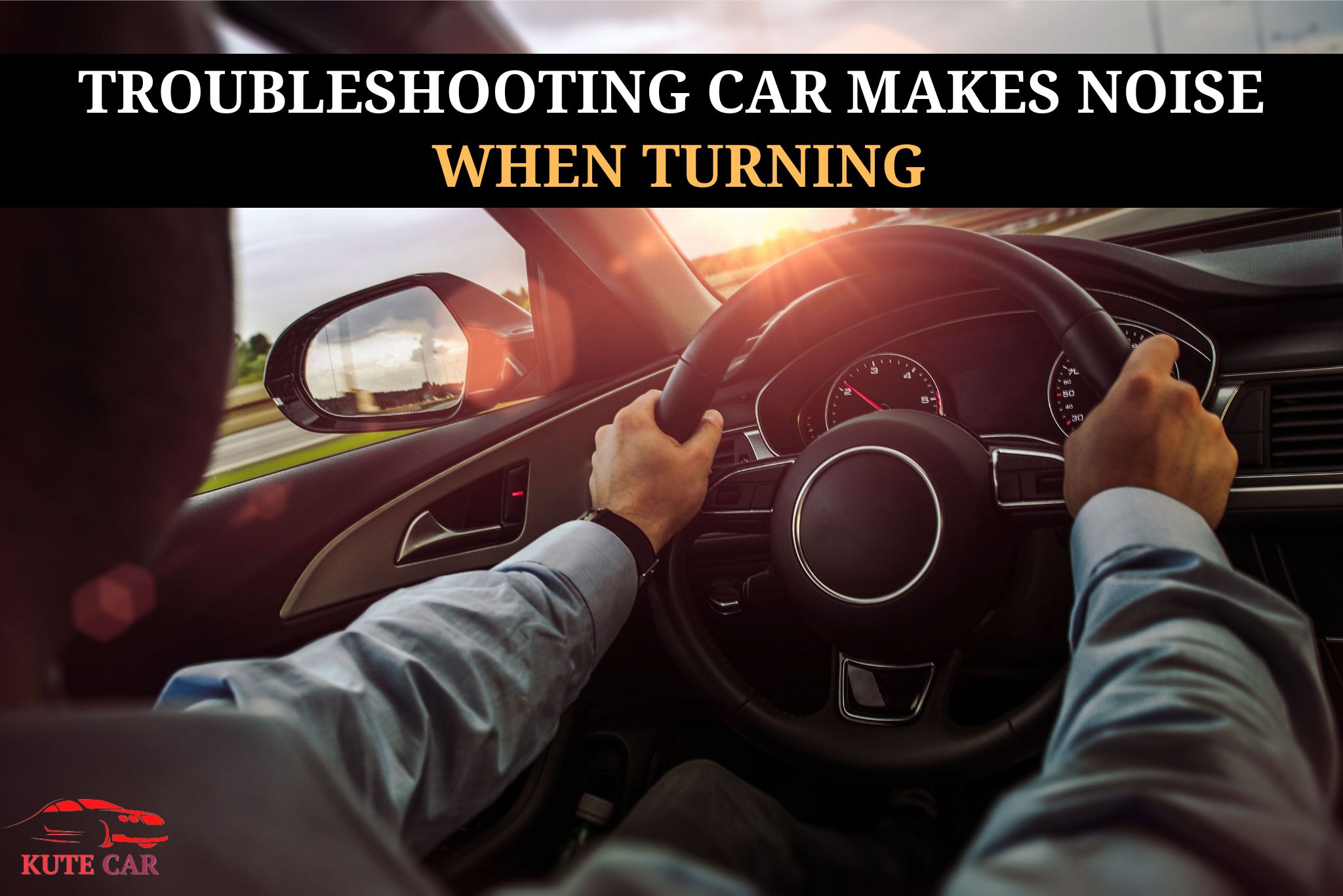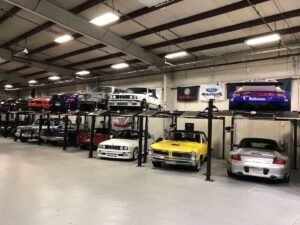When you’re driving your car, any unusual noise can be concerning. It can be notably puzzling if your car makes noise when turning right but not left. You might wonder why the car only makes noise when you turn in one direction and what could be causing the noise. It’s essential to address the issue promptly to prevent any further damage to your car, as well as to ensure your safety on the road. In this blog post, we’ll explore possible causes of a car making noise when turning right but not left and provide some solutions to help you resolve the issue.
Causes of Car Noises When Turning
If your car makes noise when turning left only, or if you hear a clicking noise when turning, there could be several reasons for these issues. Some of the most common causes of car noises when turning include problems with the power steering system, steering linkage, CV joint, power steering fluid, or wheel bearings.
Worn-out or Damaged Power Steering System
A worn-out or damaged power steering system can cause a whining noise when turning. If you only hear the noise when turning left, this could indicate a problem with the power steering gear, pump, or belt on the left side of the car.
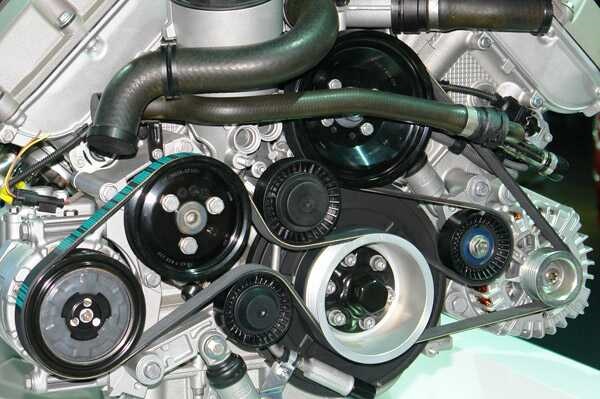
Faulty Steering Linkage
On the other hand, a clicking noise when turning may be due to a faulty steering linkage, which connects the steering wheel to the wheels. If the connection is loose or damaged, it can create a clicking sound when you turn the wheel.
Damaged CV Joint
Another potential culprit for car noises when turning is a worn-out or damaged CV joint. The CV joint transfers power from the engine to the wheels and allows them to turn. If the joint is damaged or worn out, it can create a clicking or popping noise when turning.
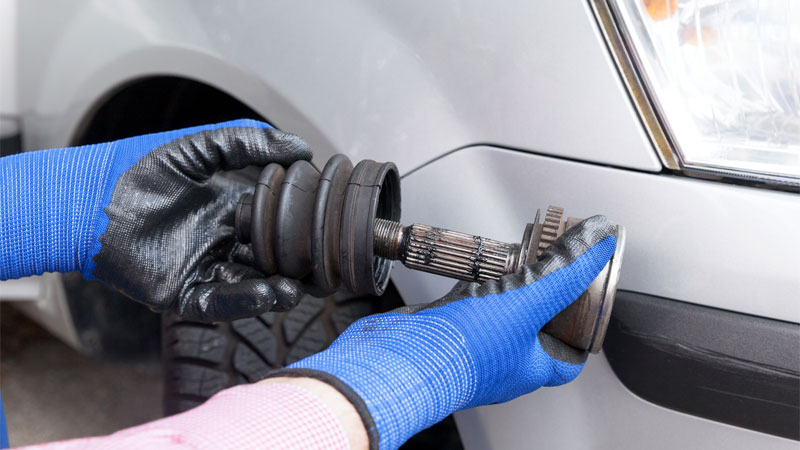
Low Power Steering Fluid
Low power steering fluid level can also cause noise when turning. The power steering system relies on fluid to function correctly, so if the liquid level is down, you may hear a whining noise when turning.
Malfunctioning Wheel Bearing
Lastly, a malfunctioning wheel bearing can also cause noise when turning. Wheel bearings are responsible for allowing the wheels to rotate smoothly and quietly. You may hear a grinding or humming noise when a path is worn out or damaged when turning.
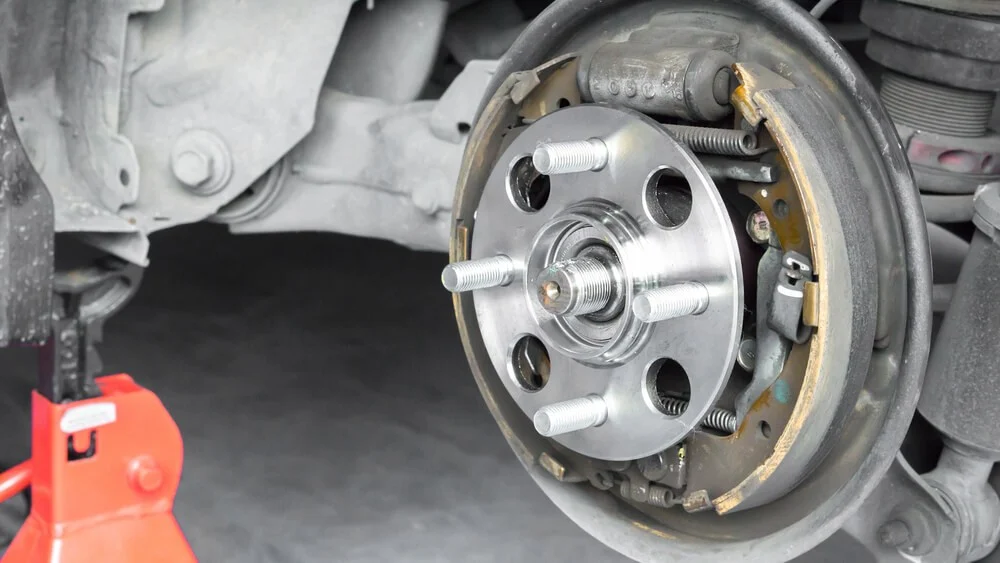
In the next section, we’ll explore how to diagnose the issue and determine which of these potential causes is behind your car’s noises when turning.
Analyze and Diagnosing the Issues
If your car makes a grinding noise when turning, it can be concerning and even alarming. However, before you can address the issue, you need to diagnose the problem accurately. Here are some steps you can take to determine the cause of the grinding noise:
- Listen to the sound: First, pay attention to the noise you hear. Is it a grinding noise, a clicking noise, or a whining noise? This can help you determine which car part might be causing the problem.
- Check power steering fluid: If you hear a whining noise when turning, check the power steering fluid level. Low fluid levels can cause the power steering system to make noise.
- Check steering linkage: If you hear a clicking noise when turning, check the steering linkage. Look for any loose or damaged parts in the steering linkage that could be causing the noise.
- Check CV joint: If you hear a clicking or popping noise when turning, it could be due to a worn-out or damaged CV joint. To check the CV joint, look for cracks or tears in the rubber boot surrounding the joint. If you see any damage, it’s likely that the joint needs to be replaced.
- Check wheel bearings: If you hear a grinding noise when turning, it could be due to a malfunctioning wheel bearing. To check the wheel bearing, lift the car and wiggle the wheel. If it moves, the approach may be loose or worn out and needs to be replaced.
Fixing the Problems
Once you’ve diagnosed the cause of your car’s noise when turning, it’s time to fix the problem. Depending on the reason, there are several solutions to address the issue.
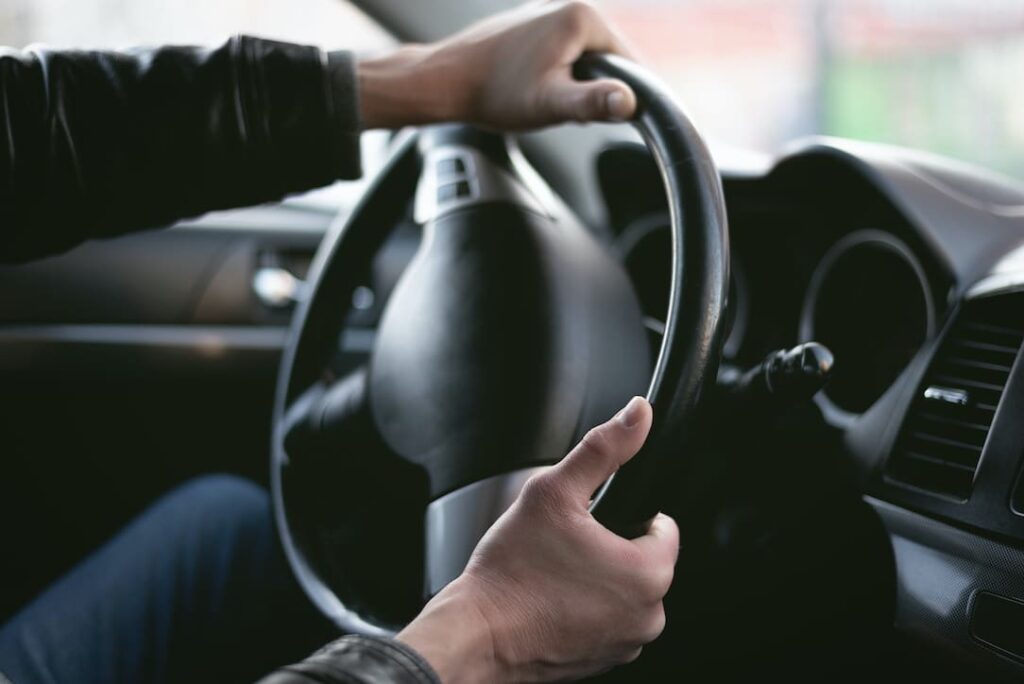
- If the noise is due to a low power steering fluid level, adding more fluid can help. Be sure to use the correct fluid type for your car and check the level regularly to prevent recurring issues.
- If the noise is due to a loose or damaged part in the steering linkage, tightening loose bolts or replacing damaged parts can help.
- If the noise is due to a worn-out or damaged CV joint, the joint will need to be replaced. This is a more involved repair and may require the help of a professional mechanic.
- If the noise is due to a malfunctioning wheel bearing, the bearing will need to be replaced. This repair also requires some specialized knowledge and tools, so it’s best to have a professional handle the job.
- In some cases, such as a faulty power steering system, a more comprehensive repair may be needed. A professional mechanic can assess the issue and recommend the best course of action.
- Regular maintenance can also help prevent car noises when turning. This includes checking power steering fluid levels, keeping steering linkage bolts tightened, and avoiding rough terrain or sudden movements that could put extra strain on the car’s components.
By addressing the issue promptly and taking steps to prevent it from recurring, you can ensure that your car is running smoothly and safely on the road.
Conclusion
In conclusion, if your car makes a creaking noise when turning or any type of noise when turning at low speeds, it’s important to diagnose and address the issue promptly. The cause of the noise could be anything from a simple fix like adding power steering fluid to a more complex repair such as replacing a wheel bearing. By taking the time to diagnose the issue and address it properly, you can avoid potential safety hazards and prevent further damage to your car’s components.
Regular maintenance and checks can also help prevent car noises when turning, and it’s essential to stay vigilant and address any issues as soon as they arise. Remember to always use the appropriate type of fluid, keep steering linkage bolts tightened, and avoid rough terrain or sudden movements that could put extra strain on your car’s components.
FAQ Regarding Car Makes Noise When Turning
Q.1) How can I determine which part is causing the noise when turning?
The best way to determine the cause of the noise is to have a qualified mechanic inspect your vehicle. They can test the power steering fluid, check the CV joints, and examine the wheel bearings to identify the root cause of the noise.
Q.2) Can I fix a car that makes noise when turning myself?
It is adequate to have a qualified mechanic inspect and repair your vehicle.
Q.3) Can a misaligned wheel cause noise when turning?
Yes, a misaligned wheel can cause a noise when turning. When the wheels are not correctly aligned, it can cause uneven wear on the tires, leading to a humming or droning noise when turning.
Q.4) How can I prevent noise when turning?
It’s required to have your vehicle’s suspension, and steering components checked regularly and maintained according to the manufacturer’s recommendations. It’s also important to drive carefully and avoid potholes and other road hazards that can damage the wheels and tires.

